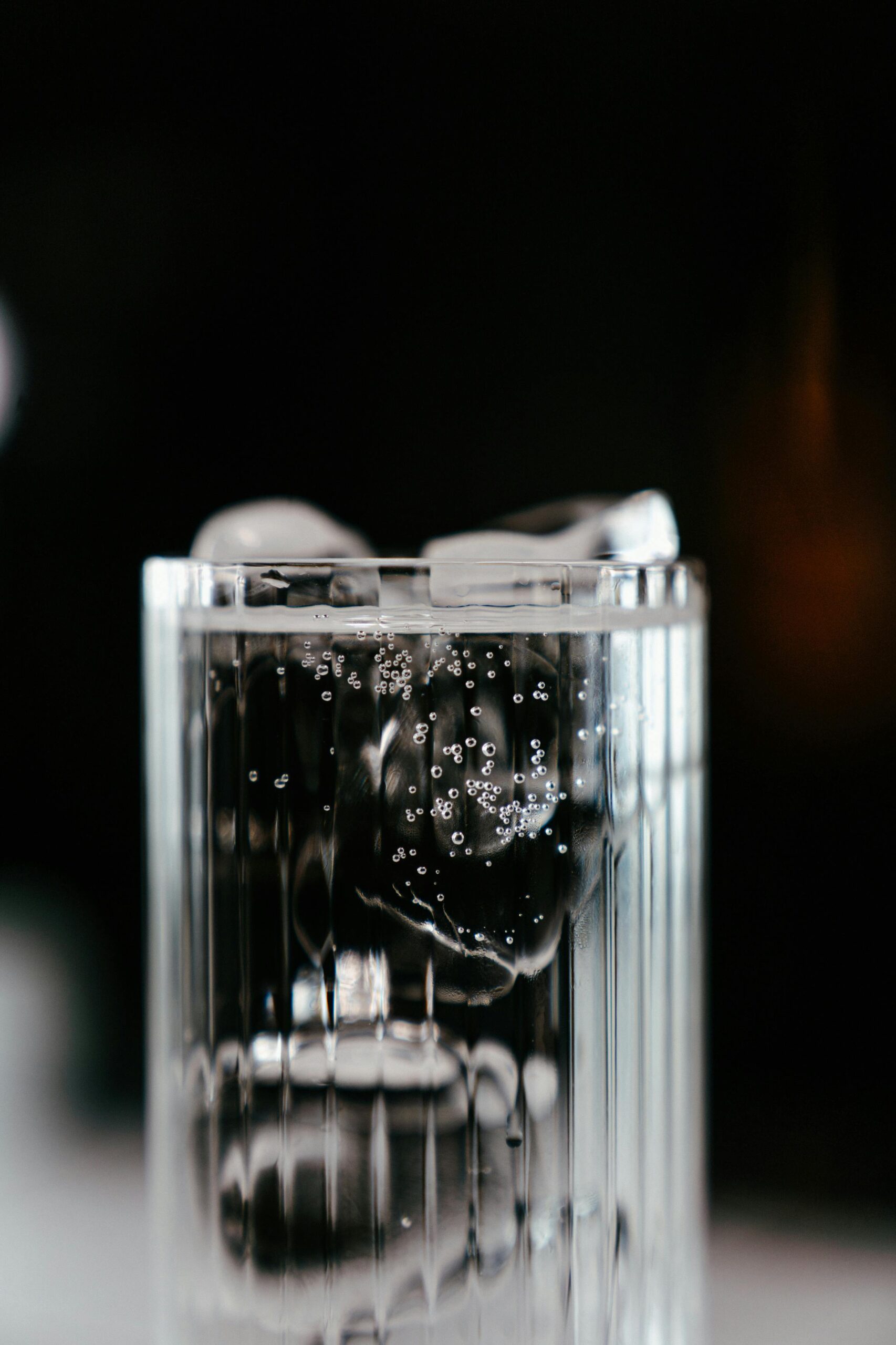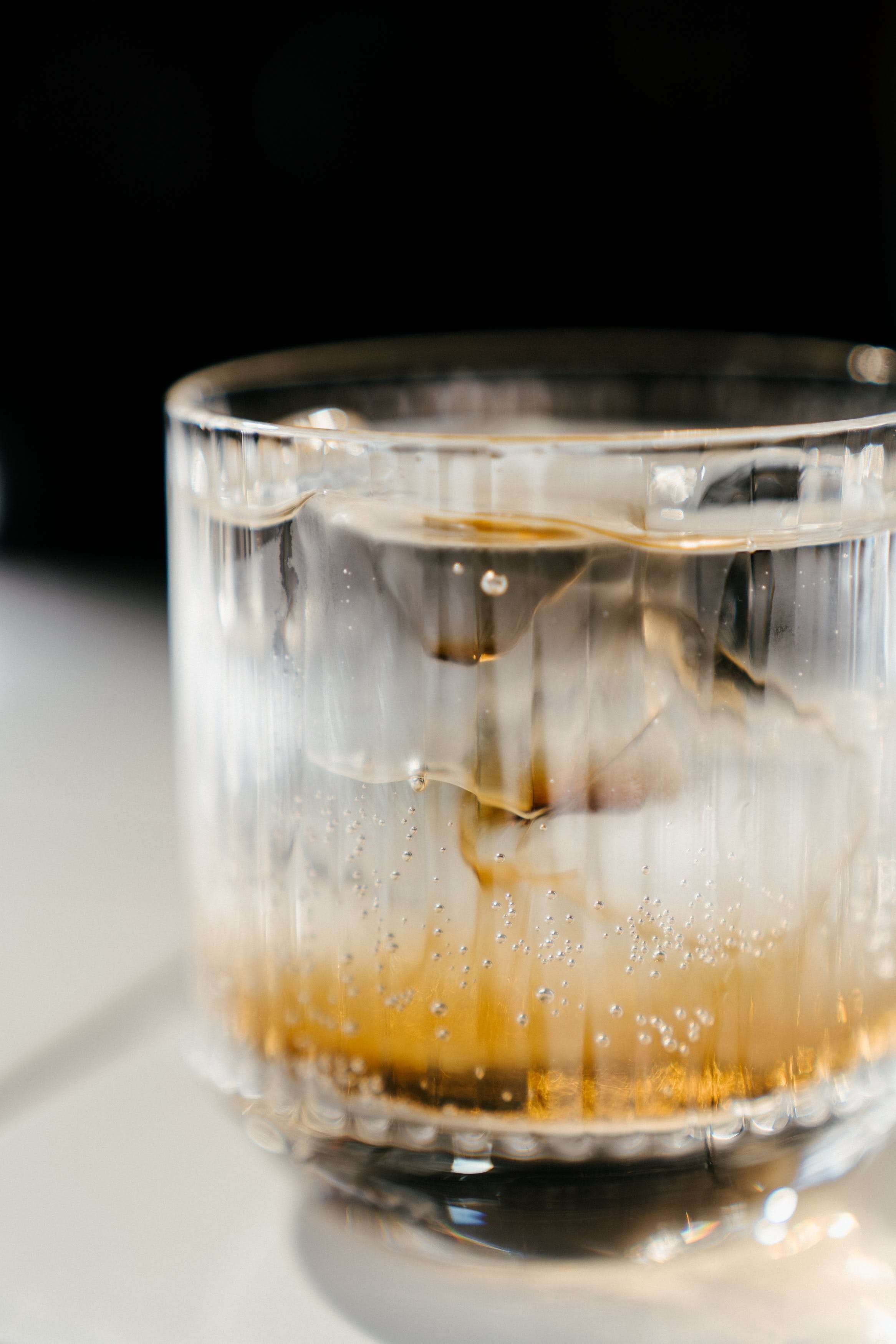introduction
Table of Contents
Experiencing nighttime thirst can disrupt sleep and raise concerns. Several factors contribute to this sensation, and understanding the underlying causes can help manage it effectively.
Do you often find yourself waking up parched in the middle of the night, reaching for a glass of water? Nighttime thirst can be bothersome and disruptive to your sleep. Several factors contribute to this sensation, and understanding the causes can help manage and alleviate it.
Causes:
- Dehydration: Inadequate fluid intake during the day or engaging in activities causing excessive sweating can lead to dehydration, triggering nighttime thirst.
- Dietary Habits: Consuming salty or spicy foods before bed can increase thirst due to their dehydrating effects.
- Medical Conditions: Certain health issues like diabetes, kidney problems, or hormonal imbalances may manifest as increased thirst during the night.
- Medications: Some medications, such as diuretics or drugs that affect blood sugar levels, can cause dryness in the mouth and increased thirst.
What To Do
- Stay Hydrated: Ensure adequate fluid intake during the day. Try to drink water steadily throughout the day, avoiding excessive intake right before bedtime.
- Dietary Adjustments: Limit consumption of salty or spicy foods close to bedtime to reduce nighttime thirst.
- Identify Underlying Conditions: If nighttime thirst persists, consult a healthcare professional to rule out any underlying medical conditions causing excessive thirst.
- Medication Review: Discuss with your doctor if any prescribed medications could be contributing to increased thirst at night. Adjustments or alternative medications might alleviate this issue.
- Humidify the Bedroom: Dry air can exacerbate thirst. Using a humidifier in the bedroom can help maintain a comfortable level of moisture, reducing nighttime dehydration.
- Establish a Routine: Create a bedtime routine that includes hydrating adequately throughout the day and reducing fluid intake closer to bedtime to prevent disturbances due to excessive thirst during the night.

Causes of Nighttime Thirst:
1. Dehydration: One primary cause is insufficient daytime fluid intake, leading to dehydration by nightfall. Factors like excessive sweating, inadequate water intake, or certain medications can contribute to dehydration.
2. Dry Mouth: Mouth breathing during sleep or certain medications may cause dryness in the mouth, triggering thirst.
3. Sleep Apnea: People with sleep apnea may experience increased thirst due to interrupted sleep patterns and breathing difficulties.
4. Diabetes: High blood sugar levels can lead to increased urination, causing dehydration and subsequent nighttime thirst in individuals with diabetes.
What To Do About Nighttime Thirst:

1. Hydration: Ensure adequate fluid intake during the day. Avoid excessive caffeine and alcohol consumption, which can contribute to dehydration.
2. Room Humidity: Using a humidifier can alleviate dryness in the air, reducing the likelihood of waking up thirsty due to a dry mouth.
3. Address Underlying Conditions: If conditions like sleep apnea or diabetes contribute to nighttime thirst, consulting a healthcare professional for appropriate management is crucial.
4. Nighttime Routine: Having a small glass of water before bed can help preempt thirst during the night. However, avoid excessive intake to prevent disrupting sleep with frequent bathroom visits.
5. Monitor Medications: Certain medications can cause dry mouth or increase thirst as a side effect. Consult your doctor if you suspect this might be the case.

Conclusion:
Nighttime thirst can result from various factors, including dehydration, dry mouth, underlying health conditions, and medications. Ensuring adequate hydration throughout the day, addressing potential underlying issues, and establishing a healthy bedtime routine can help alleviate this nocturnal discomfort.
Understanding the potential causes of nighttime thirst empowers individuals to take proactive steps towards managing and potentially alleviating this issue. Prioritizing hydration, assessing dietary habits, addressing underlying health conditions, and seeking medical advice when needed can significantly contribute to a more comfortable and uninterrupted sleep.
Remember, while occasional nighttime thirst might not be alarming, persistent or excessive thirst warrants attention and consultation with a healthcare professional to rule out any underlying health concerns



